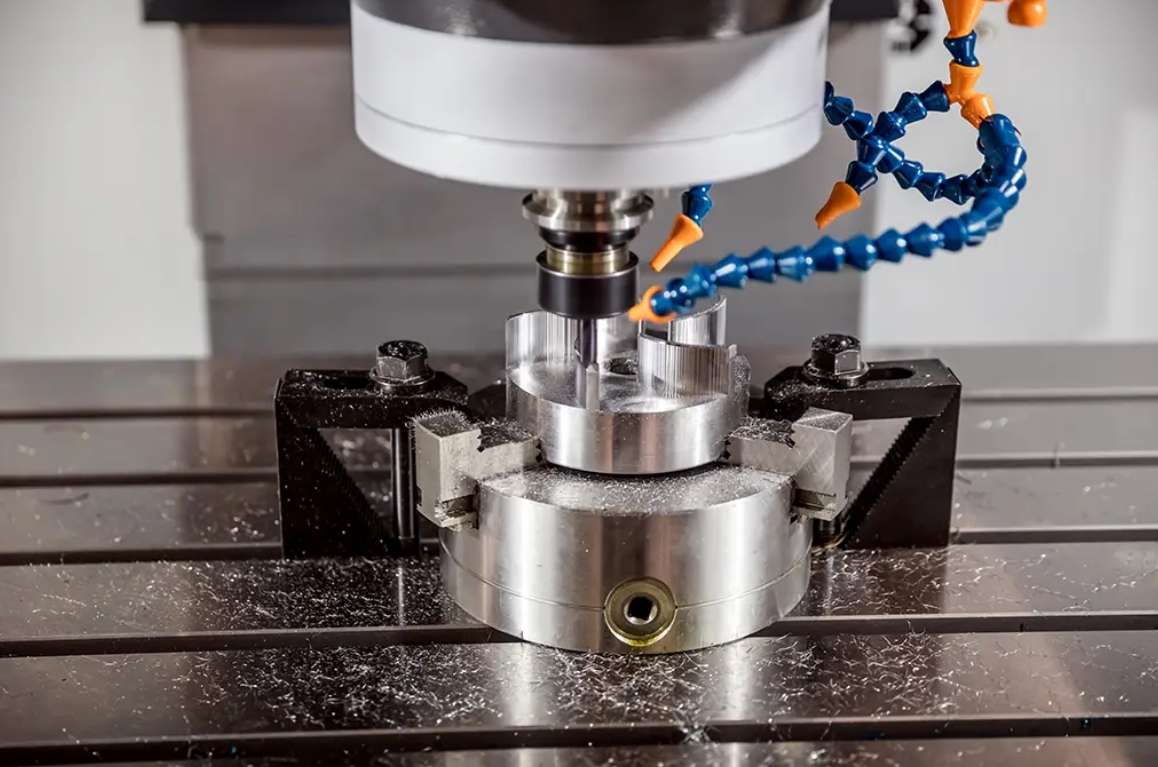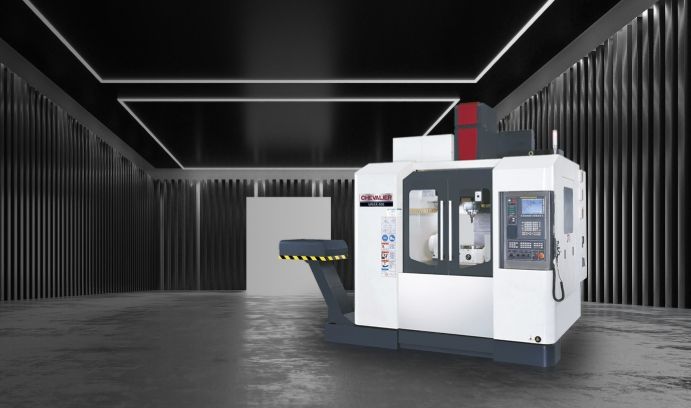
Understanding CNC Machines
Computer Numerical Control (CNC) machines are automated systems programmed to execute operations such as cutting, grinding, drilling, and bending on materials like metals, plastics, and wood. These machines leverage digital controls to achieve exceptional precision and repeatability, making them indispensable in modern manufacturing.
Key CNC Machines in the Pump and Motor Industry
The pump and motor sector relies on several specialized CNC machines:
1. CNC Lathes:Designed for turning, grooving, and threading cylindrical components like pump shafts and motor rotors.
2. CNC Milling Machines:Ideal for creating flat surfaces, slots, and complex contours on pump housings and motor casings.
3. CNC EDM (Electrical Discharge Machining):Machines hard metals without tool wear, perfect for intricate parts like pump impellers and diffusers.
4. CNC Grinding Machines:Achieves mirror-like finishes on cylindrical surfaces for components requiring ultra-high precision.
5. CNC Wire Cut EDM:Crafts delicate contours on hard metals without tool contact, suited for diffusers and small motor parts.

Transformative Roles of CNC Machines
CNC technology drives innovation across the entire lifecycle of pump and motor production:
1. Raw Material Processing:CNC machines efficiently transform raw metals and alloys into precise shapes through operations like turning, drilling, and welding. This minimizes waste and ensures optimal material utilization.
2. Component Manufacturing:Complex parts like casings, impellers, and shafts are machined to exact specifications using CNC milling and turning. Automation guarantees consistency, reducing defects and assembly challenges.
3. Precision Engineering:With micron-level accuracy, CNC tools produce components with tight tolerances and smooth finishes—critical for operational efficiency and product longevity.
4. High-Volume Production:CNC systems enable mass manufacturing of interchangeable parts, boosting productivity and meeting market demands economically.
5. Streamlined Assembly Lines:Components from CNC lathes and mills seamlessly integrate into automated assembly lines, ensuring consistent quality and rapid product assembly.
6. Quality Assurance:CNC machines perform real-time inspections, measuring dimensions and detecting deviations to maintain stringent quality standards throughout production.
Advantages of CNC Technology
CNC machines offer significant benefits:
1. Unmatched Precision: Digitally controlled movements achieve micron-level accuracy.
2. Consistent Output: Automated programming ensures repeatable results for mass production.
3. Enhanced Productivity: 24/7 operation with minimal downtime accelerates output.
4. Flexible Adaptation: Quick reprogramming allows for diverse component manufacturing.
5. Optimized Labor: Operators manage multiple machines simultaneously, maximizing efficiency.
Conclusion
CNC machines have revolutionized the pump and motor industry by elevating automation, precision, and efficiency. Their role in mass-producing high-tolerance components is irreplaceable, driving competitiveness and innovation. As technology advances, CNC systems will continue to shape the future of manufacturing.
Explore more information in high-precision technology:www.simituo.com